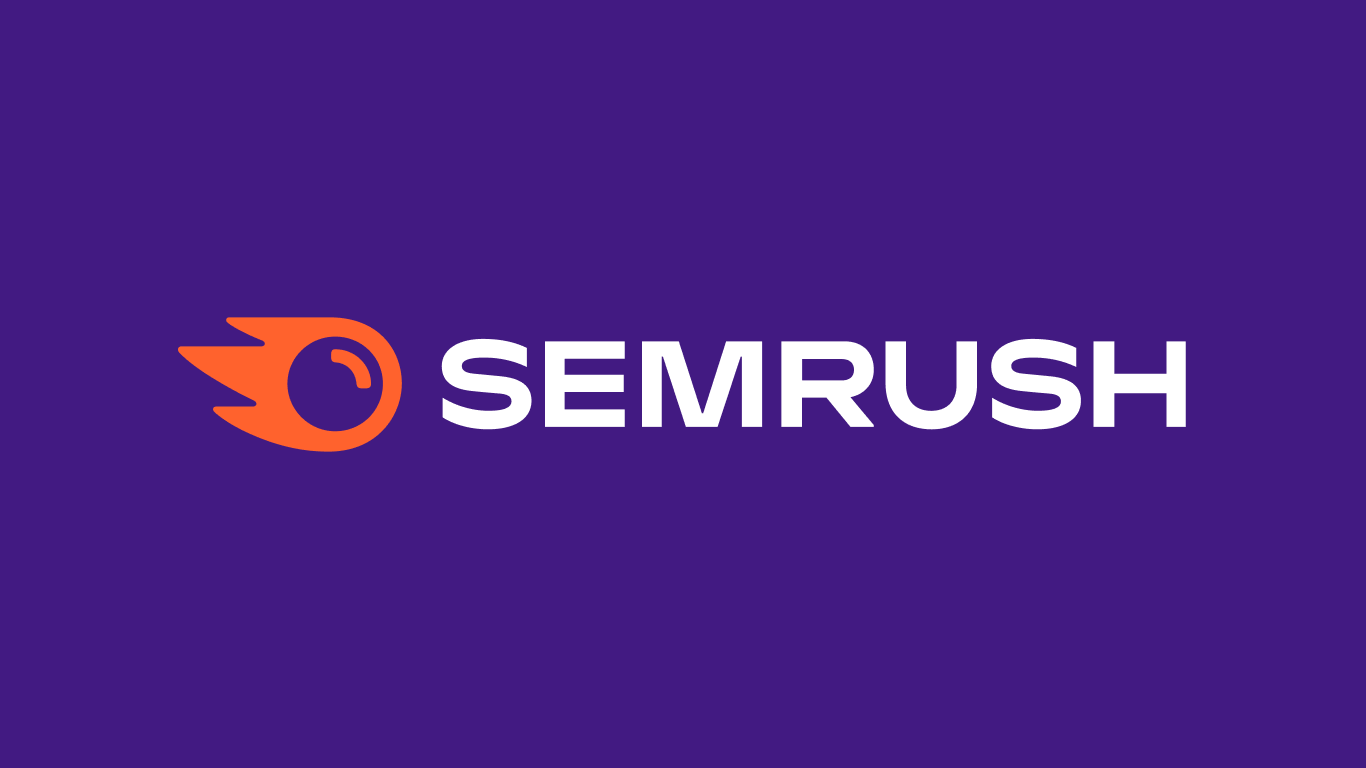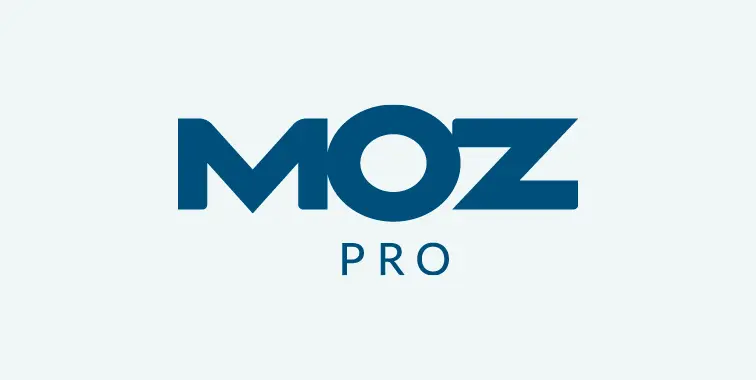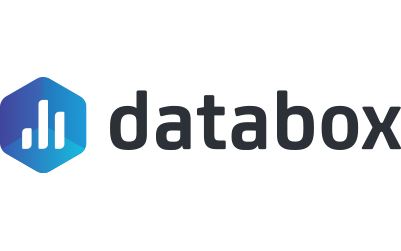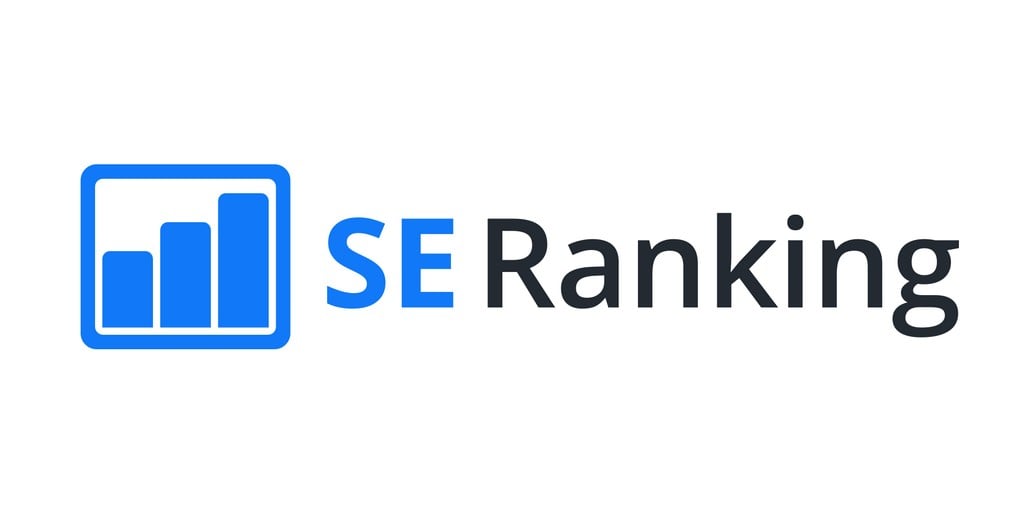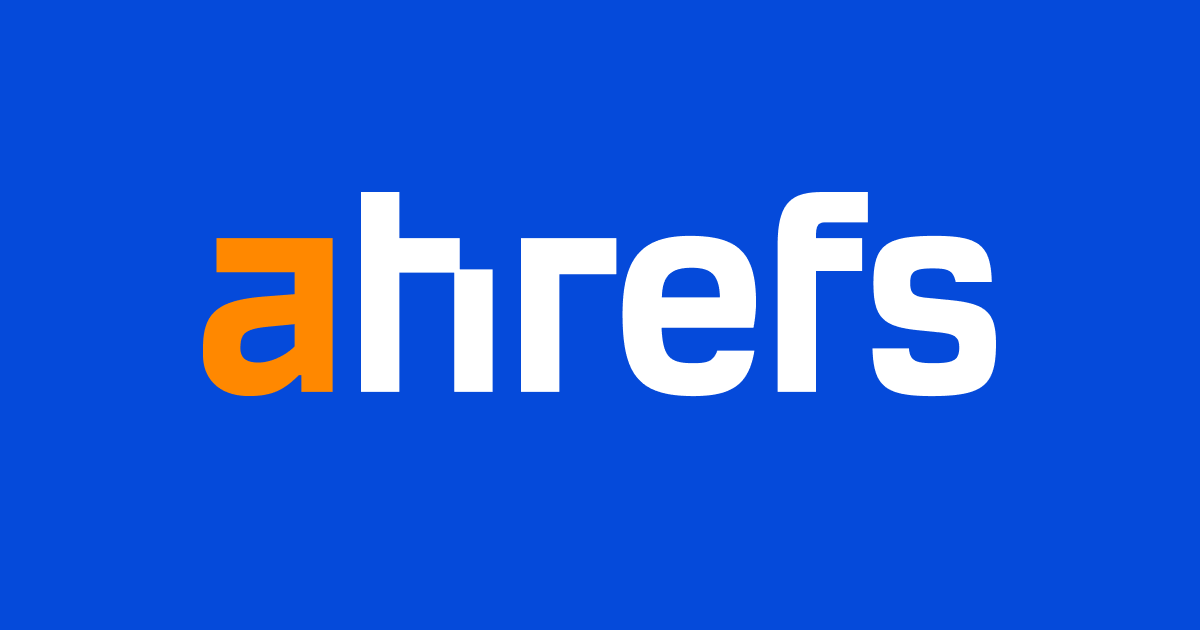One of the most important aspects of maintaining a good website is search engine optimization (SEO). It can be challenging to figure out whether your website is showing up for the proper keywords, though.
Fortunately, doing that may be made far simpler by utilizing one of the top 6 Best SEO Keyword Tracking Tools.
In this article, we’ll define the 6 Best SEO Keyword Tracking Tools and discuss their advantages. Then, we’ll examine six of the top keyword tracking tools for SEO, along with their main attributes and associated costs. Let’s begin immediately!
What Do Keyword Tracker Tools Do?
There are numerous kinds of SEO tools available. For instance, keyword tracking tools can assist you in conducting keyword research to increase traffic to your website.
They can be used to keep tabs on your keywords and where you rank on search engine results pages (SERPs). These tools are useful since they enable you to choose the top keywords for particular subjects or goods on your website.
You may produce content that specifically targets the requirements and interests of your target market by researching the search phrases that they use the most. This increases the value of your content, increases the prominence of your website in search results, and increases website traffic.
These tools’ ability to monitor your SEO progress over time is another important feature. Many offer thorough analytics data that can be used to spot patterns in the search engine rankings of your website over the course of days, months, or even years. You can use this information to change your strategy as necessary.

A few keyword tracking solutions also include machine learning algorithms that automatically adapt to shifting search engine trends. You can remain on top of trends with the help of this smart capability.
Overall, SEO experts and website owners who wish to raise their search positions and increase traffic can greatly benefit from using keyword-tracking tools. It’s crucial to conduct a study and choose a tool that matches your unique demands and objectives if you want to start using these solutions.
The Top 6 Best SEO Keyword Tracking Tools
Now that you are more aware of what monitoring tools are and their benefits, let’s talk about some of the best options. The top six keyword tracking tools for SEO are shown below. These were our top picks due to their usability, feature sets, and available price points.
1: SEMrush
SEMrush, which comes in first on our list, is one of the most well-liked keyword tracking tools for SEO. You can do research to determine the most effective keywords to utilize on your website and evaluate the competition using this all-in-one solution. You can utilize the Keyword Overview tool it offers to gain a variety of details about particular keywords.
Trends in popularity and monthly search volume are included. The program also provides a list of comparable keywords that you might want to think about targeting.
Position Tracking, another function included with SEMrush, allows you to track and keep tabs on the performance and keyword ranks of your website. Additionally, it provides a number of other tracking tools that might improve your SEO.
These include Keyword Manager, which analyses numerous keywords simultaneously, and Keyword Magic, a database with over 20 billion terms for conducting keyword research.
Key characteristics of SEMrush:
- Domain-level keyword research
- Budgets and Competition for keyword ads
- Campaign keyword tagging and grouping choice
- Monitoring for keyword positions, visibility, and traffic volume
- Website link analysis tool
- Being able to determine which keywords competitors rank for
SEMrush Pricing: SEMrush offers free keyword tracking for up to 10 keywords. You must then upgrade to a premium subscription, which starts at $119.95 per month.
2: Moz
One of the top keyword tracker tools for website owners and digital marketers is Moz, notably the Keyword Explorer tool. You can use it to research alternative keywords, uncover competitors, and analyze particular phrases. One of the numerous services available on this platform is the Moz Keyword Tracker.
Rank Tracking is one of the many SEO tools offered by Moz Pro. You can set up campaigns to track particular keywords over time using this capability. A domain analyzer is also included, allowing you to see and track the terms you’re ranking for.
You can include competitors in your campaigns with Moz Pro. Additionally, it offers keyword recommendations for you to target, ordered by difficulty.
The “Priority” ranking it provides, which effectively tells you whether the keyword is worthwhile targeting based on the volume, organic Click-Through Rates (CTRs), and difficulty, is one of the most helpful aspects.
Key features of Moz
- Analysis of keyword competition
- Rapid and precise outcomes
- The estimator of keyword difficulty
- Campaigns for long-term keywords
- Discovering and researching new keywords
- Visualizations of historical data
The Keyword Explorer, one of the Moz products, is available for free use for a set amount of searches each month. There is also a free trial period for Moz Pro plans, which start at $99 a month.
3: MonsterInsights
With the help of the Google Analytics plugin for WordPress called MonsterInsights, you can keep track of your keyword ranks right from your admin dashboard.
It links your website to your Google Analytics account, after which you can access your Search Console reports to get ranking information on the top 50 Google search phrases that provide traffic to your website.
You can also access data on clicks, CTRs, and impressions using MonsterInsights. It gives you the average position for each of your keywords and shows the material on your pages that needs further search engine optimization.
Key features for MonsterInsights:
- Monitoring 50 keywords
- Data on keyword rankings
- Reports on impressions, clicks, and CTRs
- Analytics in real time
- Integration of SEO plugins like Yoast SEO and AIO SEO for traffic segmentation by focus keyword
Plans for MonsterInsights start at $99.50 per month.
4: Databox
Databox is one of the lesser-known but still effective keyword ranker tools. With capabilities for project management, sales, marketing, and more, this is a powerful platform. It comes with a unique SEO dashboard tool that you can use to observe, assess, and report on the performance of your website.
To track keywords and keep an eye on your campaigns, you can also combine them with Google Search Console and Google Analytics. You can easily generate reports for any device with Databox, which makes it simple to compile your analytics from more than 70 tools.
Key characteristics of Databox:
- Individual dashboards
- Analytics and metrics in real-time
- Automatic report generation
- Keyword monitoring
- Google Analytics, Google Search Console, HubSpot, and other integrations
Databox Pricing: Connecting to three data sources is included in the free trial of Databox. Paid plans begin at $72 monthly.
5: SE Ranking
You can utilize the keyword tracking tool SE Ranking on many platforms, locales, and search engines. Based on keyword visibility scores, it enables you to explore your top competitors and analyze your SEO performance.
It also has a white-label option for developers, which you can utilize to offer a keyword rank-tracking tool to your clients. Monitoring the search terms for your website across all of the main search engines, such as Google, Yahoo, and Bing, is simple by using SE Ranking’s Keyword Rank Tracker. Additionally, you can fine-tune your keyword tracking based on user devices or geographic regions.
Key Features for SE Ranking:
- Up to five competitors’ tracking
- Integration of Google Analytics with Search Console
- Being able to track ranks and backlinks
- Options for tracking videos, sponsored advertisements, and other types of adverts.
- Reports on historical data
- Traffic studies
- Plans for real-time marketing
Pricing for SE Ranking: A 14-day free trial is offered. The rest of the plans depend on your preferences, such as how often you want to check your rankings and how many keywords you want to monitor.
6: Ahrefs
Ahrefs comes last but surely not least. Popular tools like Moz Pro and SEMrush have similar features and user interfaces to Ahrefs Rank Tracker. Ahrefs offers an intelligent segmentation system that enables you to arrange your keywords based on filters and categories, in addition, to visually attractive data and interactive graphs.
With this service, you can plan and send email updates and reports based on changes in the SERP position. On both desktop and mobile devices, you can keep tabs on your rivals and track the development of your position.
Key Features for Ahrefs:
- Interactive graphs of the data
- Rank adjustments
- Competition monitoring
- A site audit
- Keyword search
- Monitoring ranking progress on desktop and mobile devices
Plans for Ahrefs start at $99 per month.
Conclusion
It’s critical to carefully consider, track, and monitor your keywords when it comes to SEO. It can be difficult to determine how to evaluate and gauge your performance, though. Tools for keyword tracking can help with it. Six of the top keyword tracker tools for SEO were covered in this post.
Your particular needs and financial situation will determine the best course of action. Consider starting with SEMrush or Moz if you’re searching for strong and well-liked tools. However, Databox can be a good option if you want something that is equally effective but less widely recognized.
Related Article
- 5 Best eCommerce WordPress Plugins
- Top 10 e-commerce plugins for WordPress
- Best Flickr plugins for WordPress





